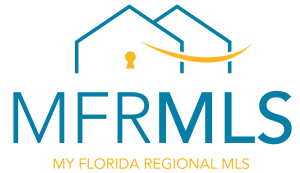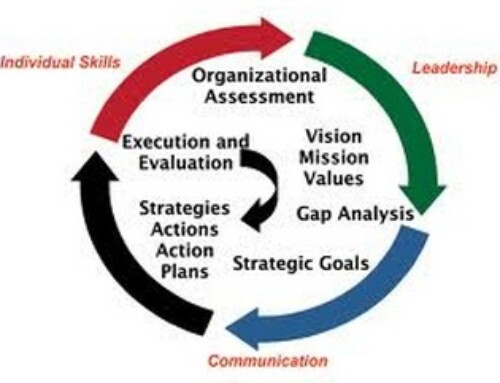 Very few people understand the difference between the data that is in the Native database of an MLS and the data that is shipped out of an MLS.
Very few people understand the difference between the data that is in the Native database of an MLS and the data that is shipped out of an MLS.
The Real Estate Standards Organization (RESO) has created a Data Dictionary of fields and field enumerations for data being shared with brokers and technology providers. The Native data in the MLS – the data that the broker’s agent enters into the MLS system is custom to every MLS. Not anymore!
My Florida Regional MLS (MFRMLS) is among the first MLSs in the country to adopt the same RESO language in their Native MLS. Here’s why this is important.
Today, the native data in the MLS is translated from the MLS system into a different data server for uses like IDX. When we talk about RESO Certification, we are talking about the data that an IDX vendor would get from the distribution server, not the native MLS. In other words, every MLS system in America speaks a unique language when data is entered.
That data schema and those choices create the native language of the MLS. When agents look at property in the MLS or run MLS reports, that native language is still used. The only time an agent would see the RESO data dictionary schema today is on their IDX website, or some other application that is separate from the MLS system.
The data translation from the MLS Native language to the RESO standard language is just that, a translation. And, not every translation is perfect.
Many MLSs have some of the same RESO Data Dictionary fields in their native MLS system, but most operate with a completely unique language. Kudos to MFRMLS for adopting RESO’s language in its Native MLS. And kudos to the team at CoreLogic for embracing and supporting this project.
Why did MFRMLS do this?
I spoke with Merri Jo Cowen, CEO of MFRMLS, about this. After giving it some thought, the leadership simply asked the question – What would be the benefits?
Benefit 1: The ability to eliminate the data mapping and translation process, from the native MLS system into the RESO data dictionary format for distribution to brokers and their technology partners. Today, what the agents see in the CoreLogic Matrix product is exactly what they see when they export data into other software applications. The integrations and mapping are mostly one to one.
Benefit 2: The interoperability with other MLS systems. For example, if MFRMLS would like to set up a front end of choice, there would not need to be any data mapping to perform or maintain. They would only need to take care of the non-standard data fields.
Benefit 3: Data sharing. MFRMLS data schema is mostly normalized, so any MLS can integrate with their Matrix system and pass data back and forth.
Benefit 4: Conversion. If MFRMLS wants to convert from one MLS vendor over to another, they do not need to invest 6-12 months to convert and test. It may only take a few weeks.
Benefit 5: Expansion. If another MLS wants to join MFR, they simply supply their RESO certified data feed and MFRMLS can load it up along with a small amount of mapping for non-standard fields.
Standard and Not Exactly Standard
The Real Estate Standards Organization has produced a data dictionary which is enormous in terms of field and field enumerations. But MFRMLS has many unique fields that support the local business requirements of local real estate demands. There are also an abundance of data base rules and selection options that make the database unique and localized. This is important for two reasons.
First, MFRMLS is intentioned on protecting brokerage data in the MFRMLS compilation in accordance with the United States Copyright Laws as defined by the Library of Congress. It is a blend of standard and non-standard data that meets the business requirements of the participating firms and creates unique data schema characteristics.
Secondly, as MFRMLS seeks to provide services in efforts to support brokers and agents who would like to see additional MLS Consolidation. In those circumstances, MFRMLS can assure that the unique requirements and data customs of new markets are integrated without losing those characteristics.
MFRMLS has made a bold move that should encourage more MLSs around the country to consider alignment with the RESO Data Dictionary in their Native MLS system data base. It’s a great step forward!




